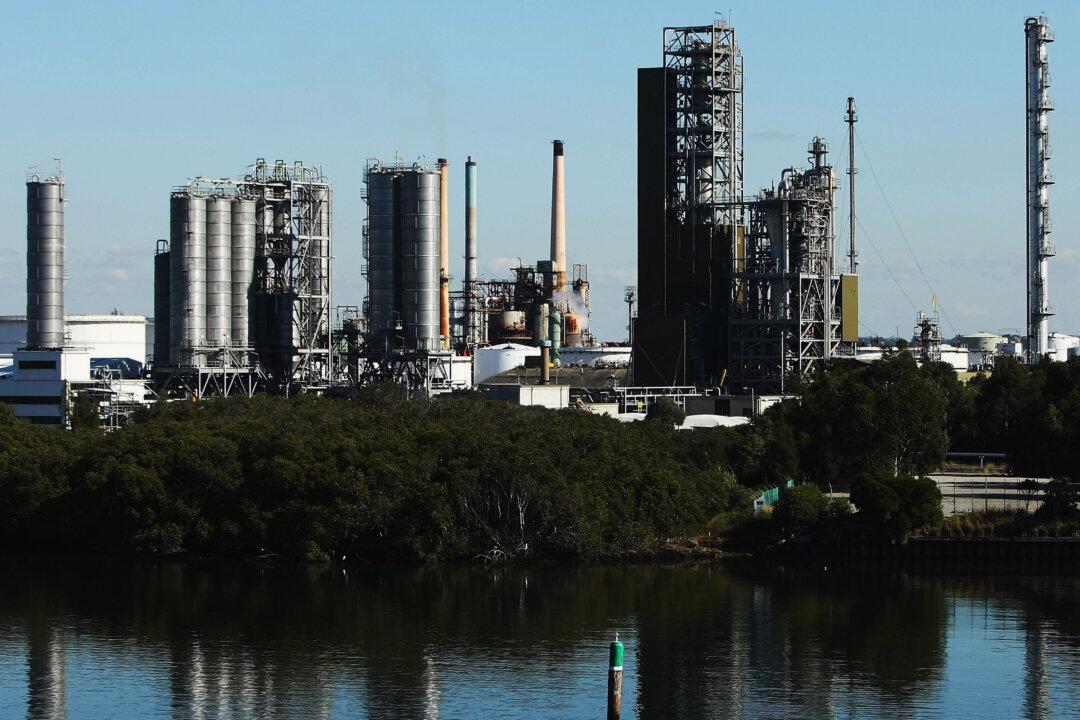The mayor of Parramatta, Australia’s largest city council, is set to sign up for C40, a global collective of nearly 100 mayors around the world advocating for climate change measures.
Founded by London’s former Labour mayor Ken Livingstone in 2005, C40 promotes net zero policies to halve emissions by 2030 as part of the Global Green New Deal and “keep global heating below the 1.5 degrees Celcius of the Paris Agreement.” The group is now chaired by London mayor Sadiq Khan.




